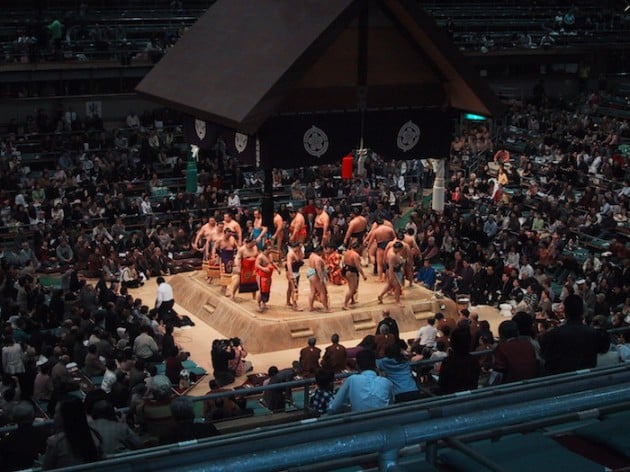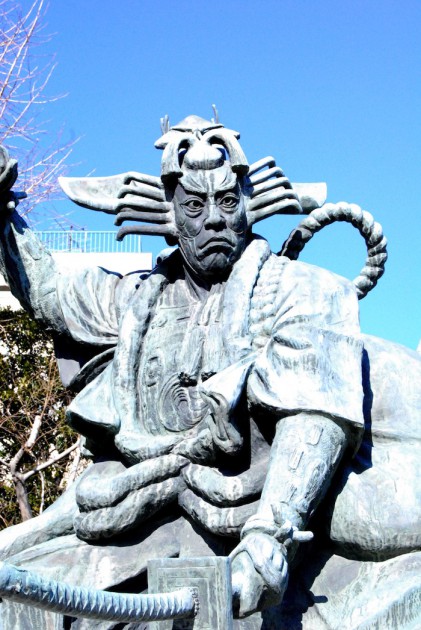5 Japanese Conversational Tips
To native English speakers, Japanese can be a difficult language to learn. Speaking skills especially are hard to improve, and should you find yourself in a social situation where speaking Japanese is required, whether in the realm of business or leisure travel, you may be in need of a few good icebreakers to get the conversation flowing. Japan is an extremely modern country that has safeguarded its traditional rules of social etiquette, so be aware of both antiquated practices and current talking points. Before you find yourself struggling in conversation, review these tips to prep and practice:
1. Keep your body language demure. In Japan, politeness is key, so you must always be soft-spoken and deferential when in a social situation, especially when dealing with elders or business superiors. Avoid excessive eye contact, which is seen as confrontational and aggressive. Stray away any sort of physical contact aside from initial handshakes, and don’t raise your voice, as this will be interpreted as a lack of self-control.
2. Talk about sports. It is considered impolite to talk about personal issues with new acquaintances; this includes questions regarding age, personal life, and finances. Sports, however, are always a safe subject, and there are few sports more beloved by the Japanese than baseball. Try asking about everybody’s favorite Japanese baseball players or sumo wrestlers. Martial arts is also a popular hobby in Japan, so if you have any experience practicing karate or any combat style with Japanese roots, everyone will be fascinated to hear about it.
3. Talk about the arts and theater scene. From Noh to Kabuki to the musical puppet theater Bunraku, Japan has a strong and imaginative theatrical heritage dating back to its feudal period. If you have any interest in seeing a show while in Japan, ask for advice on where to go and whether they suggest something in the traditional style or a modern production. Alternatively, if you are a fan of classic Japanese cinema, try striking up a conversation on the works of such film greats as Kobayashi or Kurosawa, and ask if there are any film festivals you could visit during your stay.
4. Ask about their thoughts on technology. It’s no secret that Japan is one of the most technologically advanced countries in the world, with a society that has seamlessly incorporated nuclear power and robots as a regular part of daily life. Any questions inquiring about the Japanese space agency launching their satellite, the latest news on the Fukushima plant, and Japanese attitudes towards the “uncanny valley” will spark an intense dialogue.
5. Be able to speak confidently in Japanese as well as English. While most Japanese people will be eager to practice their English, you will demonstrate respect and enthusiasm for their culture by showing that you are able to speak to them in their native language. With such a rich and complex language, it’s important to start learning it as soon as possible, so take our free online Japanese language level test and send us an inquiry for more information.


